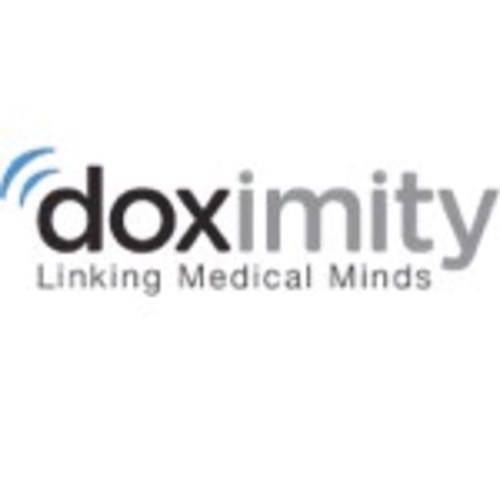They’re not Facebook-like numbers just yet, but after just seven months Doximity has signed up about one out of every 20 U.S. physicians for its LinkedIn-like networking service.

That amounts to more than 30,000 doctors, or twice as many on LinkedIn. The reason doctors shy away from LinkedIn and other mainstream social networks is, unlike Doximity, there are no privacy protections in place that will keep physicians on the right side of patient privacy laws. Previous attempts at a doctor-only social network required physician anonymity, which made it all but useless when it came to make referrals or conferring on a diagnosis.
On Monday, Doximity launched ExpertFinder, a new service the company says will make it easier for doctors to find experts and opt-in to research interviews. The announcement seems to position Doximity as an early leader in the mobile health care device market, which could quadruple to $400 million in annual revenues by 2016.
“For a lot of these guys, Facebook is the F-Word.”
The other big problem facing services hoping to develop an all-encompassing, Web-based communication system, said Doximity Chief Executive Jeff Tangney, is that most enterprise system developers target individual hospitals to sell their system to, and those hospitals don’t typically put sharing information with competing hospitals as a top priority.
“Harvard Medical School has two teaching hospitals – Beth Israel Deaconess and Brigham & Women’s – that are right across the street from one another,” he said. But because they’re on different systems and compete with one another, “the big joke is that the fastest way to get a lab report from one hospital to another is by paper airplane.”
The first telephone switch was developed for use in hospitals in 1876 and the first pagers were developed for doctors in 1950s. More recently, however, med tech has been “stuck in the 1970’s,” Tangney said, with doctors still relying on faxes and those pagers that are no longer cutting edge. Much of that is due to HIPAA regulations aimed at insuring patient confidentiality, but they also have hospitals and doctors reluctant to try new ways of communicating and collaborating in both their professional and personal lives.
“For a lot of these guys, Facebook is the F-Word,” Tangney said.

















